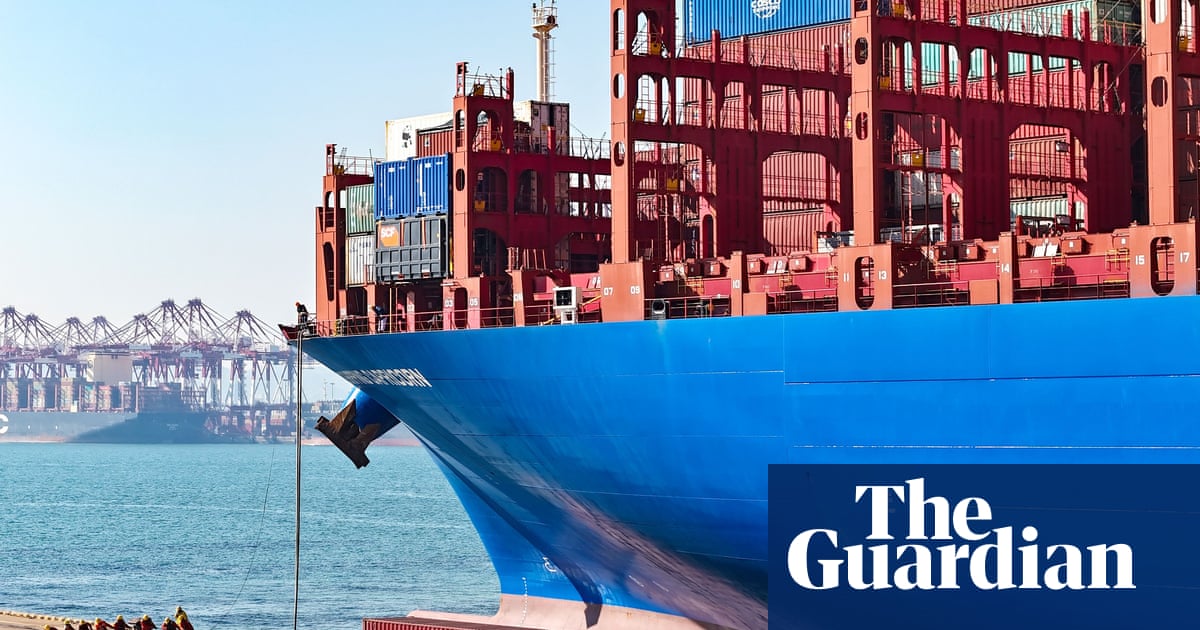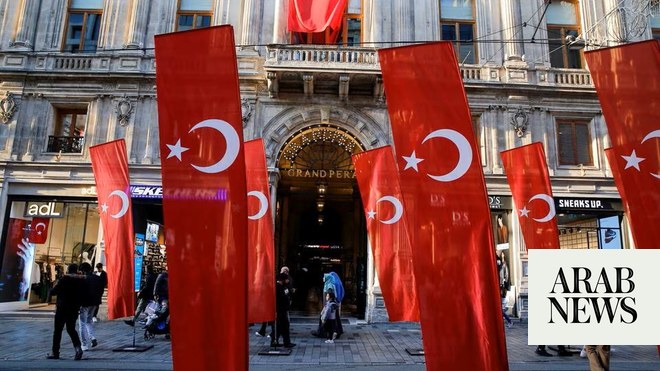
The EU is proposing to sanction companies in mainland China for the first time as part of its latest measures aimed at shutting down loopholes that allow Russia to route military technology via third countries to its weapons factories.
Three companies in mainland China, as well as four in Hong Kong and one in India, are on a 91-page document of companies and individuals who EU member states want to add to a growing sanctions list before the second anniversary of Russia’s invasion of Ukraine.
As the EU, the UK and US representatives prepare to meet in Brussels on Wednesday, a source said more tools were needed to ensure Moscow could not get around existing restrictions.
A source said: “Russia is straining every sinew to get around our sanctions but we need to do more. We need to shut down loopholes, target circumvention routes, drive down revenues further.”
The EU is particularly worried about technology being sold outside the bloc and then finding its way to Russia via third countries.
As part of the push, the EU’s diplomatic service has proposed adding about 20 firms, including three in mainland China, one in Turkey and one in India to an export blacklist of those providing support to Russia’s military.
Two Russian shipping companies accused of transporting arms from North Korea to Dunai, a port east of Vladivostok, are also on the proposed 13th round of sanctions being hashed out in Brussels this week.
That would mean firms in the 27-nation bloc would be prohibited from doing business with the companies as Brussels steps up efforts to crack down on the circumvention of its sanctions on Russia.
The EU has already placed similar export bans on more than 600 firms, including three based in Hong Kong, and firms in countries including Armenia, the United Arab Emirates and Uzbekistan.
Brussels last year proposed putting five Chinese firms on the list but they were dropped in the face of opposition from Beijing and reluctance from some EU capitals.
Sources say the companies involved have been fully investigated and that, this time, there has been communication with China.
Western allies have estimated that existing sanctions have already denied Russia $400bn (£315m) in revenues.
However, with Vladimir Putin ramping up military supplies significantly and the EU lagging behind, they need the sanctions to work harder.
The new sanctions being planned are also expected to see scores more Russian officials subjected to an asset freeze and visa bans in the EU.
The shipping firms on the list operating between Pyongyang and the Russian port of Dunai are already on the US’s radar.
An investigation by NK News in Seoul reported a sophisticated operation between Russia and Pyongyang, which has been subject to separate UN sanctions for years, using “twin vessels” to avoid surveillance in making weapons deliveries.
Also on the EU sanctions list are various re-education institutions operating in Russia and occupied territories aimed at inculcating children, including those deported to Russia illegally with “patriotic” and “military education”.
In the schools for children aged between six and 19, pupils meet Russian soldiers, send cards and letters of support to the military on the frontline and learn how to handle drones, according to the document. They also learn battle games.











